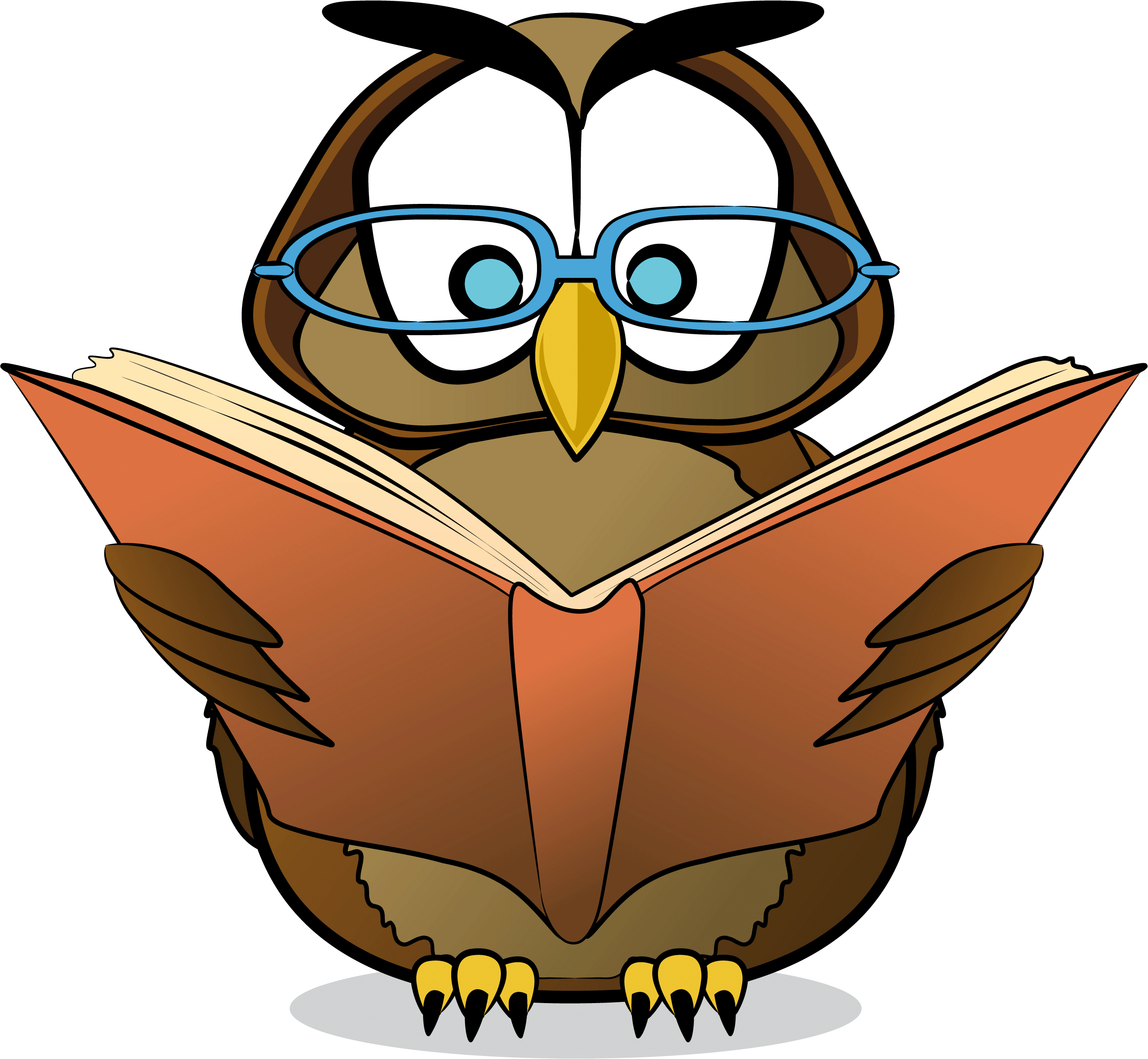- Relating prior knowledge and personal experience to new texts
- Freewriting about an important idea/theme/essential question in the work
- Webbing an important idea/theme/word (semantic mapping)
- Completing an anticipation guide
- Discussing a related work, theme, idea
- Completing and discussing questionnaires in cooperative groups
- Filling in the first two columns of a K-W-L chart
- Assessing what the student already knows about the topic
- Listing predictions
- Setting purposes for reading (perhaps with a mini-lesson introducing a new concept, term, or strategy)
- Analyzing the title and/or illustrations
- Reviewing the footnotes, headings, and/or other peripherals
- Creating story impressions
26/09/11
Posted By:
Mister
Reading Strategies
Pre-Reading Strategies:
Posted By:
Mister
Media Technology Objectives
Each year, students will demonstrate their ability to meet at least three of the objectives listed below.
- Students will be able to respond in discussions and in writing to a news report in the electronic or print media.
- Students will be able to cite evidence of personal opinion or propaganda in articles which are presented as factual.
- Students will be able to view and write a critical review of a television show.
Posted By:
Mister
Reading Objectives
Students will engage in daily, meaningful reading tasks in English class and/or at home. The tasks will be based upon the following objectives:
1. Students will be able to use strategies before, during, and after reading to aid in the construction and enhancement of meaning
Posted By:
Mister
Writing Objectives
Students will engage in daily, meaningful formal and/or informal writing tasks in English class and/or at home. The tasks will be based upon the following objectives:
1. Students will be able to engage in informal writing assignments (i.e. reader response, freewriting, focused freewriting, prediction,
Langganan:
Komentar (Atom)









